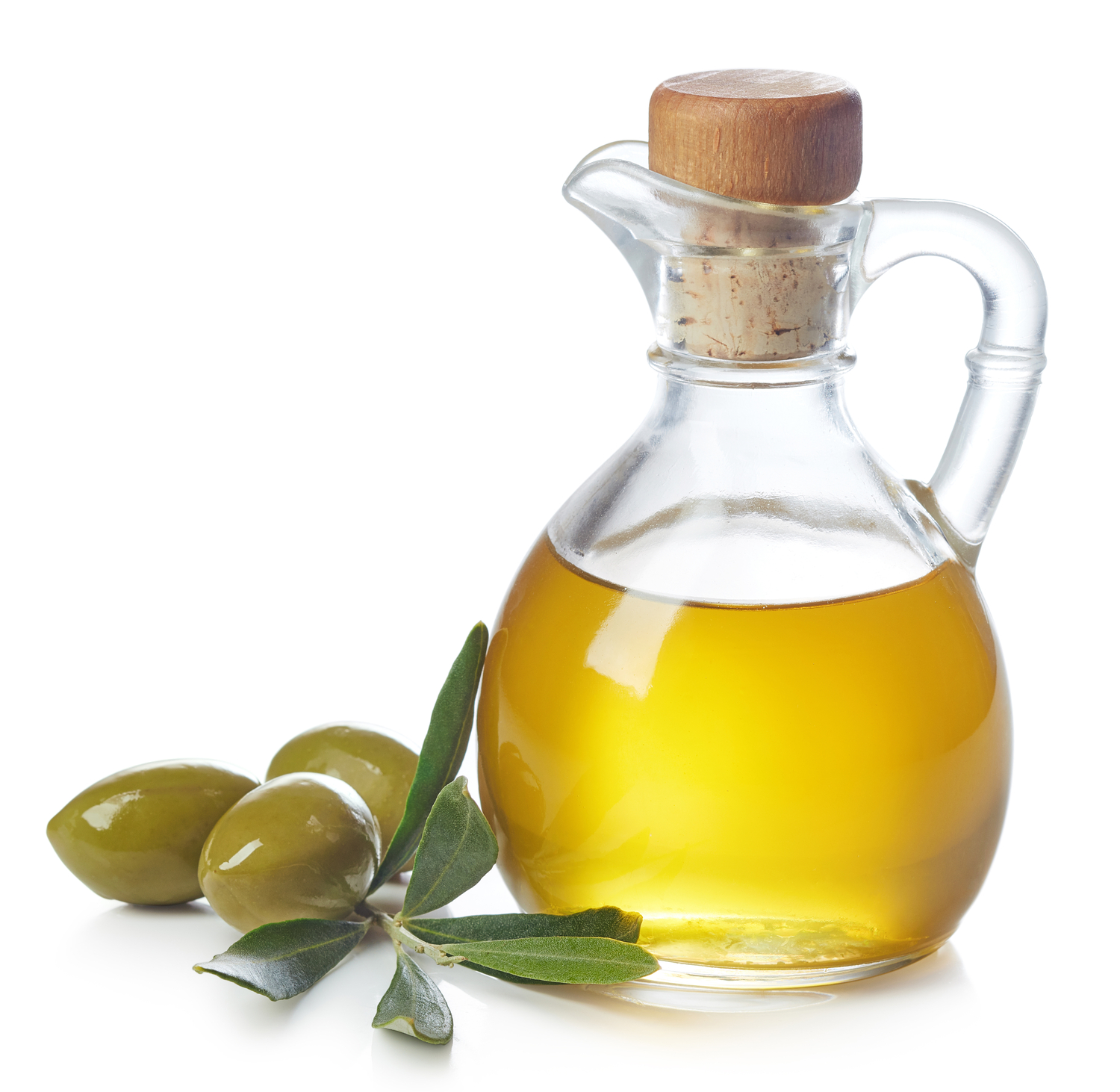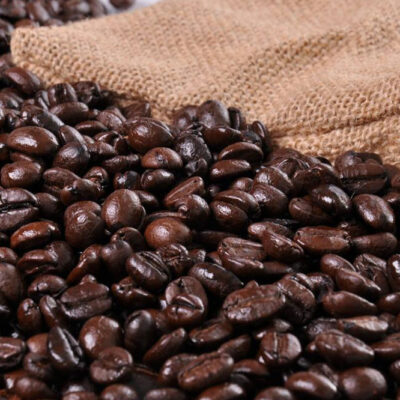
Treatment Options and Foods That Help Manage Atrial Fibrillation
Atrial fibrillation, commonly known as AFib, is a heart condition that causes irregular heartbeats. A characteristic sign of AFib is the absence of a P wave in the ECG/EKG monitor. This condition can lead to blood clots, stroke, and heart failure treatment, making it important to manage and treat the condition as early as possible. In this article, we’ll be discussing some of the common treatment options for AFib, as well as foods that can help manage the condition:
1. Mechanical heart valve replacement
Mechanical heart valve replacement is a surgery that implants an artificial steel alloy valve that never wears out, and aims to replace a malfunctioning mitral valve in the heart that’s too narrow or doesn’t close right. The artificial valve will work efficiently to help blood flow the right direction through your heart. Following the surgery, patients who receive a mechanical valve will need to take blood thinners for the rest of their lives to prevent the formation of dangerous blood clots.
2. Calcium channel blockers
Similar to beta blockers, calcium channel blockers can also help slow down the heart rate. They work by blocking calcium from entering the heart muscles, which in turn reduces the heart’s workload. Some examples of calcium channel blockers include diltiazem and verapamil.
3. Antiarrhythmic medications
Antiarrhythmic medications are used to restore and maintain a regular heartbeat. They work by suppressing the electrical impulses in the heart that cause irregular heartbeats. Some examples of antiarrhythmic medications include amiodarone, flecainide, and propafenone.
4. Cardiac ablation
Cardiac ablation is a minimally invasive procedure that involves using radiofrequency energy to destroy small areas of heart tissue that are causing irregular heartbeats. It is often used when medications are not effective or if there are significant side effects from the medication.
5. Beta blockers
Beta blockers are medications that slow down the heart rate, making them a common treatment for AFib. They can help control symptoms such as palpitations, shortness of breath, and fatigue. Some examples of beta blockers include atenolol, metoprolol, and propranolol.
6. Pacemaker implant for AFib
A pacemaker is a small device that is implanted under the skin of the chest. It sends electrical signals to the heart, which helps it beat regularly. In some cases of AFib, a pacemaker can be used to control the heart rate.
The foods you eat are an important part of your AFib treatment plan, once your doctor detects AFib symptoms. The following foods are excellent options because they are whole foods that help lower blood pressure and lower inflammatory response:
Dark berries: Dark berries such as blueberries, blackberries, and raspberries are rich in antioxidants, which can help reduce inflammation and oxidative stress in the body. These berries can also help lower blood pressure, which is important for managing AFib.
Salmon: Salmon is rich in omega-3 fatty acids, which have been shown to reduce the risk of heart disease and stroke. It can also help lower inflammation in the body, which is important for managing AFib.
Almonds: Almonds are a good source of magnesium, which can help regulate the heartbeat. They are also high in healthy fats, fiber, and protein, which can help manage blood sugar levels and reduce inflammation in the body.
Extra virgin olive oil: EVOO is a healthy source of monounsaturated fats, which can help reduce the risk of heart disease. It is also high in antioxidants, which are great for reducing inflammation and stress on the cardiovascular system.


